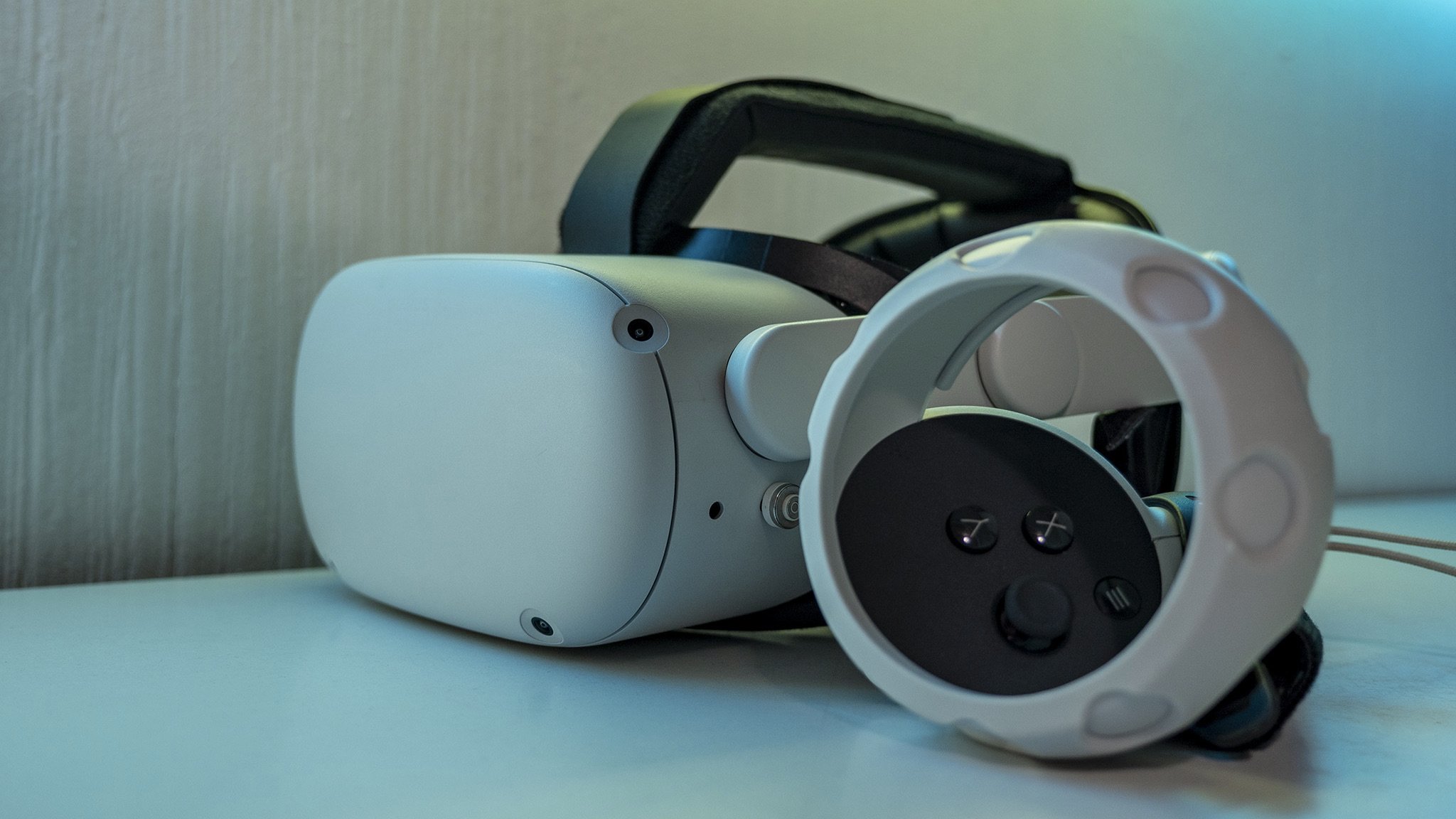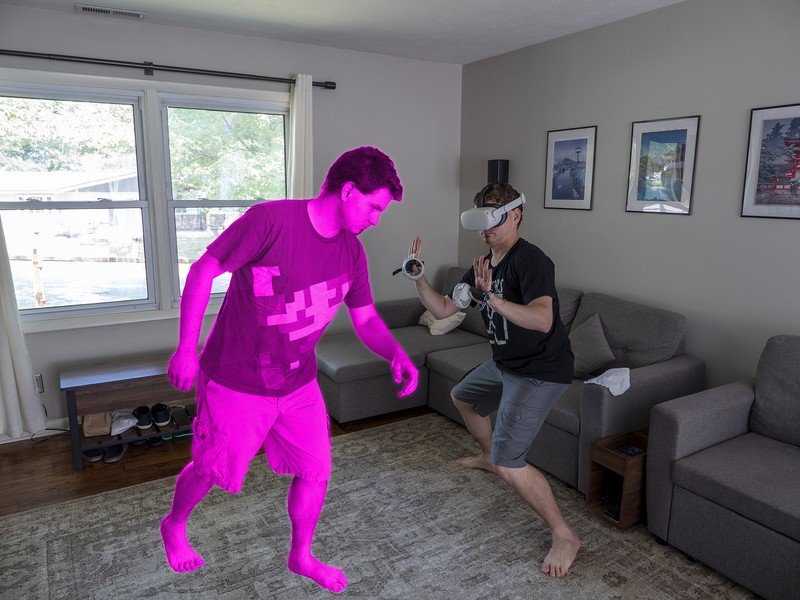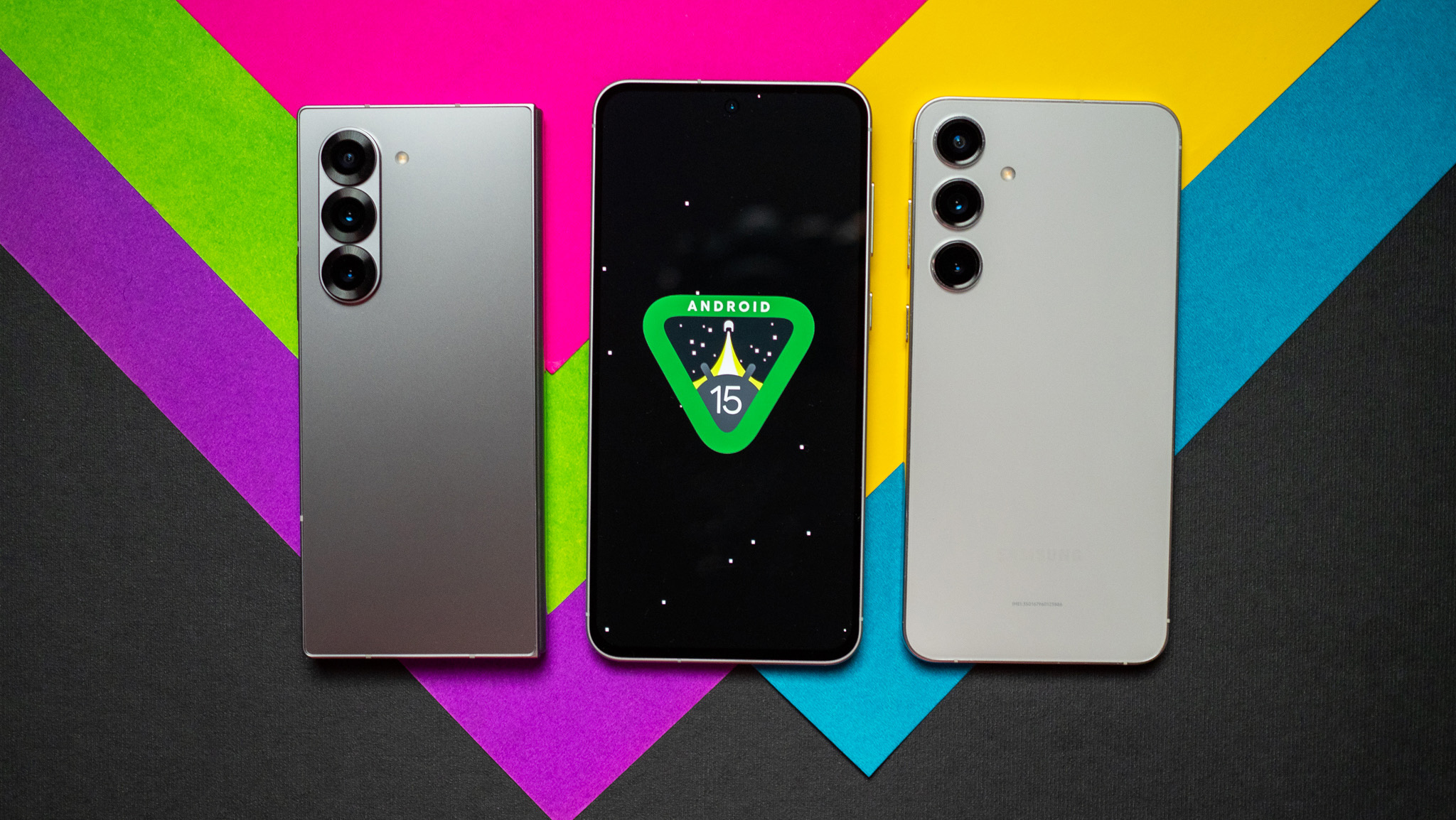The Oculus Quest 2's one-year anniversary marks how much it has grown

When Facebook and Oculus released the Oculus Quest 2 on October 13, 2020 — one year ago today — we praised it as an ergonomic device with major upgrades over the original Quest in performance and display quality. But a limited review period can only let you see so much. The longer you use a device, the easier it is to move past the honeymoon period and spot the cracks at the seams.
After nearly a year with the Oculus Quest 2, I've experienced many of the most common complaints with the device — and found ways to circumvent them. I invested in a new head strap to better balance its front-heavy weight. I tend to get a low battery warning after about 90 minutes, breaking my immersion, so I looked into battery packs. I'm one of the people who dealt with bad skin irritation from the default foam face cover (which led to a recent Quest 2 recall), so I bought a better face cover replacement.
The Quest 2 naturally turns you into a VR nerd, hunting for accessories to fix Oculus's hardware misfires.
How you feel about the Quest 2 will depend on whether you think a console should be a complete package from the jump or if you're okay with a company selling a cheap fixer-upper of a console. Old-school VR fans are used to modding their devices with accessories to fix manufacturers' flaws and won't mind, but every Quest 2 store page calls it an "All-in-One" device, and that didn't prove strictly true for more casual buyers.
While the onus falls on Oculus Quest 2 owners to make hardware improvements, the Oculus team deserves all the praise possible for all of the software upgrades made to the headset over the past year. Just look at this timeline of new features patched onto the console in monthly updates, with no new accessories required:
- December 2020: Oculus's v23 update adds support for 90Hz gaming, Oculus Move fitness stats, and the OpenXR plugin for games developed on non-Oculus platforms.
- February 2021: Facebook creates the App Lab, letting you purchase and play indie devs' games without sideloading. v25 also patched in voice commands, a proper universal menu for accessing settings in-game, and an improved Guardian 2.0 release focused on seated gamers. That same month, the v26 release let you place your couch in your virtual space.
- April 2021: Oculus launches Air Link for wireless PC VR, wired 120Hz refresh rates, and in-headset projections of physical keyboards for typing.
- May 2021: The v29 update adds in-headset phone notifications, multiple accounts on one headset, and wireless 120Hz support.
- June 2021: Oculus adds accessibility features like color-blind settings and manual vertical perspective shift, so you feel like you're standing when sitting.
- July 2021: The v31 update enables USB-C headphone support and improved social invites for quickly joining or hosting games with friends.
- August 2021: The Guardian gets another overhaul with Space Sense, which lets you see people or objects clearly when they step inside your gaming zone.
No other gaming console has improved its software like Oculus did with the Quest 2 this year.
Oculus overhauled its menus and interface, converted Oculus Link into a wireless experience, doubled the refresh rate performance, and vastly improved its AR capabilities in under a year. I challenge you to think of any other video game console that has delivered so many new features and software updates after launch — not counting the ones tied to a new paid accessory like Xbox Kinect.

Out of all the software updates, I especially appreciated whenever Oculus made touch-ups to the Guardian barrier (now Space Sense). As someone who lives in a one-bedroom apartment with no proper space for virtual gaming, I had to break my own immersion and remind myself not to stray too far for fear of slamming into furniture or whacking my partner with an ill-timed Oculus Touch punch. Now, VR feels less isolating and dangerous — thanks entirely to AR tools.
Beyond hardware and software, though, it's thanks to the superb Quest 2 gaming library that the console has become a daily or weekend mainstay for millions of gamers.
Be an expert in 5 minutes
Get the latest news from Android Central, your trusted companion in the world of Android
No matter what kind of VR gamer you are, you'll find several Quest 2 games that fit that niche.
You have a few hundred Oculus Quest and Quest 2-enhanced games, for starters. Then there are Oculus Rift games and SteamVR games playable through Air Link, plus over 500 App Lab games from indie devs — many of which are free. VR games tend to be short, but you'll never run out of content if you buy the right games.
Some people use the Quest 2 as an exercise tool, subscribing to apps like Supernatural or FitXR for daily workouts. Others prefer it for staying connected with friends, jumping into Rec Room for casual hangouts, or Population: One to satiate their competitive edge.

In my case, VR remains a much more solitary and chill activity; I prefer D&D for my "multiplayer" gaming with friends, and while Beat Saber or Creed: Rise to Glory might qualify as cross-training, my marathon training is typically done outdoors. So I prefer puzzle and story-driven games like I Expect You to Die 2 or Vacation Simulator. Games I can dive into and escape from my responsibilities and cares for a while.
It's a testament to the Quest Store's breadth and depth that no matter what kind of VR gamer you are, you'll find several Quest 2 games that fit that niche. Virtually every VR developer is abandoning PC VR and porting their games to the Quest 2's more limited hardware because gamers are spending millions of dollars building up their Quest 2 libraries. And Oculus Studios is bringing big franchise names to VR with games like Star Wars: Tales from the Galaxy's Edge and Jurassic World Aftermath.
As the Oculus Store adds even better, more massive games, it's getting increasingly hard to cope with a 64GB Quest 2.
Thanks to high sales numbers, Oculus Quest 2 games are getting more polished gameplay, graphical upgrades, longer storylines, and more DLC support. There's only one negative to this trend: games are getting larger, with the upcoming 45GB Medal of Honor game as the most extreme example. Unfortunately, as a 64GB Quest 2 owner (which gives you a little over 50GB of actual space), I can't play it without uninstalling my entire gaming library, which would immediately delete all of my save files.
Looking ahead to the Quest 2's second year, there are still areas where Oculus can improve software-wise. For example, I can't believe we still don't have a proper cloud save function across all Quest 2 games, so you can delete your library to make room without erasing all your progress. And while you can sideload Android apps on the Quest 2, I'm excited to see proper integration for apps like Spotify while playing VR games.
I could also vaguely hope that Oculus will have a change of heart and remove the Facebook login requirement, so Facebook outages don't make you lose access to your entire Quest 2 library. But there isn't a snowball's chance in hell of that happening.
The Oculus Quest 3 is likely at least a year off; and even if Facebook releases an Oculus Quest Pro soon, plenty of people will stick with the Quest 2 for years to come. So I'm excited to see how the Oculus Quest 2 continues to evolve from now until next October!

Michael is Android Central's resident expert on wearables and fitness. Before joining Android Central, he freelanced for years at Techradar, Wareable, Windows Central, and Digital Trends. Channeling his love of running, he established himself as an expert on fitness watches, testing and reviewing models from Garmin, Fitbit, Samsung, Apple, COROS, Polar, Amazfit, Suunto, and more.
